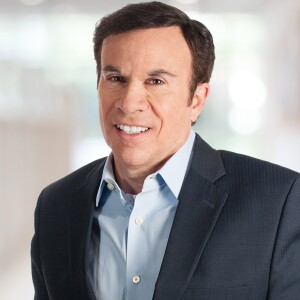With so many data breaches lately, a lot of people are wondering if it might make sense to go back to using cash instead of credit cards.
It seems every day police are finding credit card skimmers inside another gas pump, stealing our card numbers and selling them who knows where.
At stores, there's something new called "shimming," where thieves stick a tiny device inside the new chip card readers to copy the magnetic strip.
As a result, paying for gas and groceries with dollar bills instead of plastic sure seems safer in these frightening times.
But is it?
The Huffington Post's financial section "Simple Thrifty Living" says "no," explaining that even with the risk of breaches, credit cards are still much safer that paying with cash.
It says:
- Security: Credit cards offer better security, because you can dispute any fraudulent purchases. Someone billed $500 worth of video games to your card? Just file a dispute, you won't have to pay.
- Hotels: Credit cards let you rent a car or hotel room. Cash does not.
- Building Credit: Credit cards build your credit score every time you pay your bill.
- Rewards: Credit cards give you rewards for spending, as much as 5 percent cash back, depending on the card.
Beyond that, lots of other personal data was compromised during the Equifax breach, including your Social Security number. Just because you stop using your credit card doesn't mean you won't still be vulnerable to identity theft.
Cash is gone forever
But perhaps the biggest downside of paying with cash: If you lose it, or someone grabs it, it's gone forever.
Sure, paying for gas with cash avoids the chance of being hacked by card skimmer on the gas pump. But think about it: walking into a convenience store, and up to the counter with a pile of $20 bills may not really be safer. You may make yourself a bigger target for crime.
______________________________
"Like" John Matarese on Facebook
Follow John on Twitter (@JohnMatarese)
For more consumer news and money saving advice, go to www.dontwasteyourmoney.com



